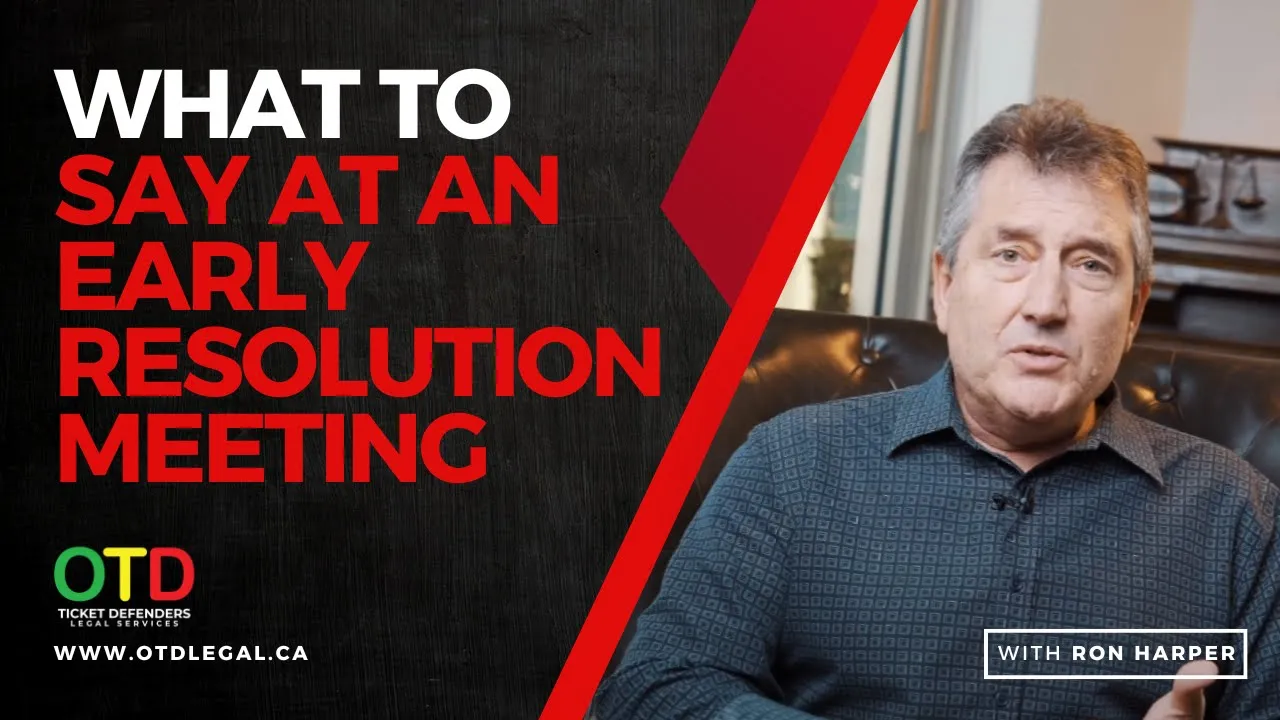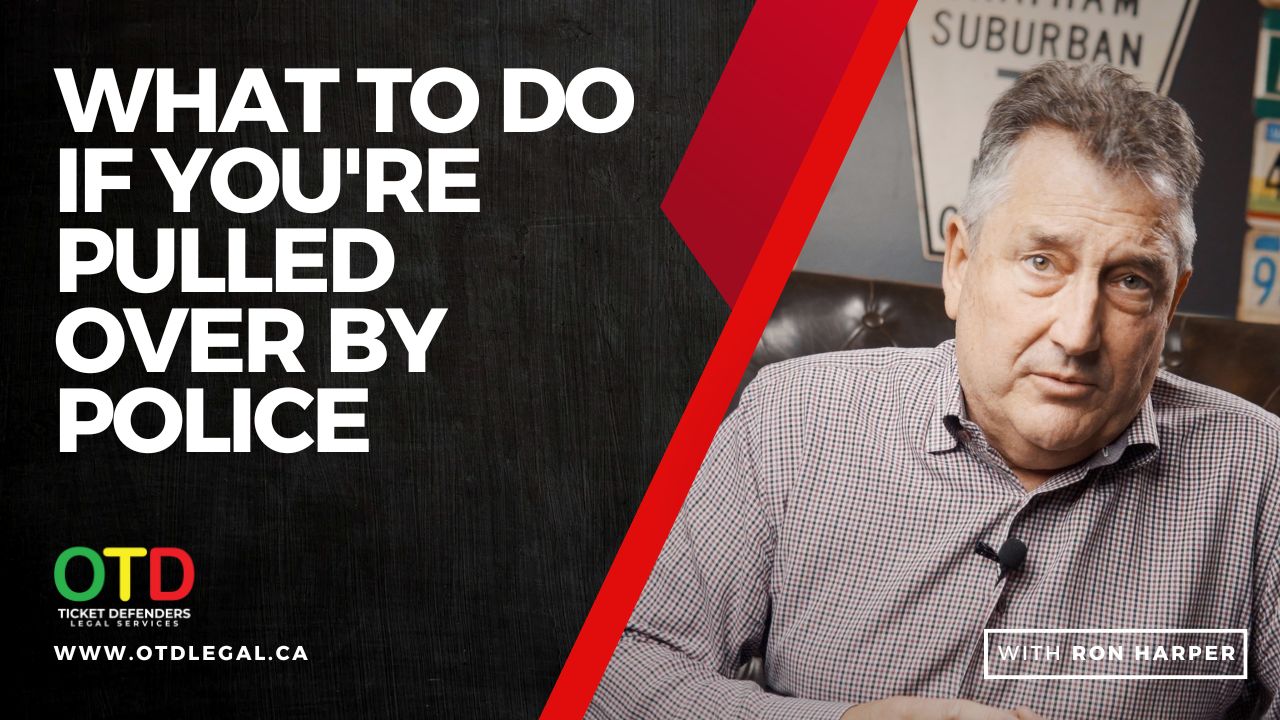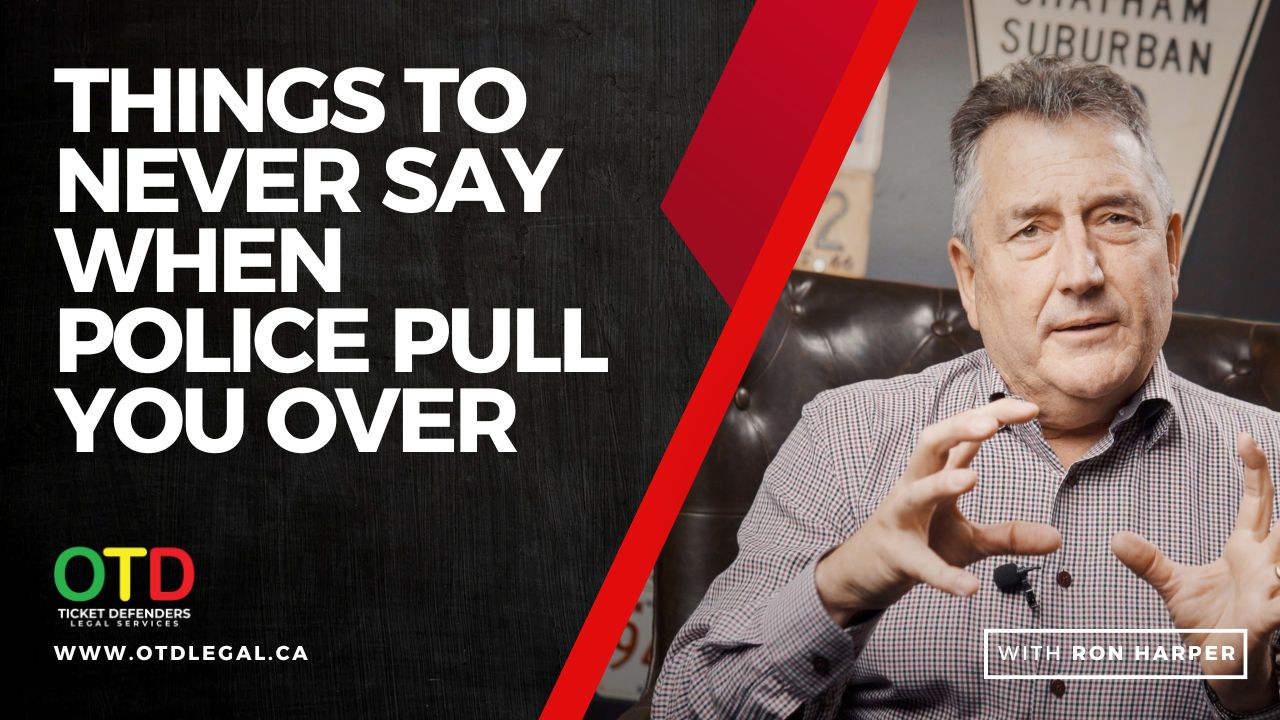When you receive a traffic ticket, identifying any errors on the ticket can be crucial. Any fatal errors could potentially invalidate the ticket. Fatal errors are serious mistakes that make the ticket unenforceable and could potentially lead to dismissal. These errors are rare but significant. A critical point is the wrong date on the ticket, which can mislead you and affect your case.
Powers of Amendment
The Crown, or prosecutor, holds strong powers of amendment under Sections 34 to 38 of the Provincial Offences Act. These powers allow for correcting errors unless they are fatal.
Judge’s Perspective
A judge or justice of the peace evaluates whether the ticket, even with its errors, has sufficiently informed you of the charge. If you are aware and can defend yourself, minor errors may be amendable.
Mistakes on Tickets
Common Errors:
- Wrong date: This can be corrected during the hearing, and you may need to return another day.
- Missing jurisdiction: If the place of the offence is unclear or absent, it may lead to dismissal.
Legal Proceedings
During a trial, if fatal errors are identified, the case might not proceed. The court might stand down the matter or set another date for preparation. The defendant must be aware of their rights and how these errors affect their case.
Defence Strategies
Use identified mistakes as part of your defence. Although these errors may not guarantee a dismissal, they can prejudice the prosecution. Seek legal advice to navigate these complexities effectively.
Video Transcription:
You’ve received a traffic ticket. It’s of obvious importance to you. You’ve spent time and you’ve literally studied the ticket. You’ve noted an error, something that’s not accurate on the ticket, or missing. You’ve also heard that errors on a ticket can perhaps get you out of the ticket entirely. Those errors are called fatal flaws.
So, fatal errors on traffic tickets are something we need to concern ourselves with. The reality is that there are very few things. They do exist, but they are relatively rare. So, when you do receive this ticket, and you do have an error on there, we need to determine whether or not that error is going to help you get your immunity, get you out of that particular ticket.
So, when we say a fatal error, we mean fatal to the prosecution. It simply means that if it’s fatal, They can no longer proceed. It’s the best analogy is burning up the ticket. It just, it will not succeed and it’s like it’s never happened. On those fatal errors, I think we need to determine how they exist, why they exist, and what can be done when an error does manifest in a courtroom.
So, on a ticket, when there is an error, we have to be aware that the Crown has very, very wide, very, very strong powers of amendment. The powers of amendment exist between Section 34 and 38 of the Provincial Offences Act. That act governs all other acts, including the Highway Traffic Act. So for this video, let’s assume you have a highway traffic ticket.
We now know it’s governed by the legislation called the Provincial Offences Act. We now know that the prosecutor, or the Crown, has the ability to invoke that particular act in those sections and correct certain mistakes or flaws. If the flaw is so extreme that it’s considered fatal, well, they can no longer do that and you could beat a ticket by knowing what that flaw is.
Another way of understanding this is to understand what a judge or a justice the piece is going to be looking at when they’re reviewing your ticket. So I’m going to use this phraseology, the test or the thinking that a judge is going to apply to a situation like this. is if, upon reading the ticket on its face, if that judge reads that and believes, reasonably, that you were properly informed of the charge.
If you were properly informed of what you’re facing, then you’re in a position to be able to defend yourself, and there’s no prejudice that’s so great that would topple the ticket. So, in those cases, a judge would allow it to proceed. He would allow whatever amendments are necessary. If necessary, he would put, stand the matter down so you could better prepare.
He may select a new court date for you, so that you could better prepare your defense, so you’re not prejudiced by that amendment. That being said, the few mistakes, we’ll call it, fatal flaws on a ticket, are things like the wrong date. If the wrong date is on there, that misleads a whole variety of things.
However, there’s always qualifications, and I apologize for that, but if a wrong date became evident, and you were in that courtroom, for example, what happens is, the phraseology is called, you were torn to the jurisdiction, meaning once you’re there, and it’s discovered and discussed that you’ve got the wrong date, the officer’s completely wrong, you know, this happened in April when it was in March, well, you’re there. The correction has been made. The defendant, which is you in this case, is now aware of that. The court will simply change that. They will fix it right in front of you, and you will be coming back on another date to properly defend yourself. There are some mistakes on the ticket that simply cannot be fixed.
There’s always an element. of whether they can or not and you have to be aware that you can make a mistake when you’re in this arena. So it’s been my experience that clients have found these mistakes and I’m always glad when they identify it. Sometimes we can use those mistakes to help us or at the very least prejudice the prosecution against them.
But the situation is always the same, meaning that we always run the risk that the Crown can fix that mistake. A mistake that really cannot be fixed would be something like a missing jurisdiction. Okay? So, missing jurisdiction, for example, if it happened in Mississauga and it was absent, and it was completely misleading to everyone, you may find that the court is going to rule that’s a fatal flaw.
They’re not going to fix it, and they’re going to tear that ticket up, and that’s the end of it. Those types of situations are very rare. Jurisdiction being wrong has been brought to my attention. Well, the legislation is such that even if, if it’s wrong, they’re going to look to see, well, is it in a concurrent jurisdiction?
So, if it was in, in Peel And Toronto or York, well, those are concurrent jurisdictions, which means they’re beside each other. So the court would find, well, you were reasonably informed of the charge, you weren’t misled by this, and if there is any prejudice, that can be cured by an adjournment, and you’ll have to come back another day to defend yourself.
So, what I do say when these situations arise is that we need to get very focused on that. We generally don’t want to count on that as our sole defence to the charge. And these are things that we would consider as a professional organization in order to assist clients.







